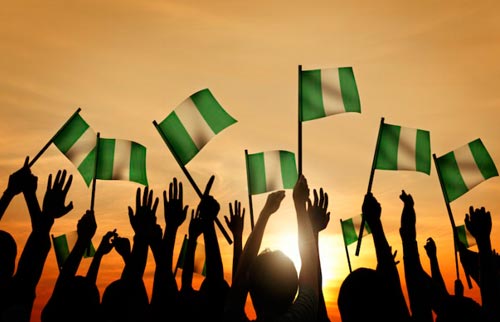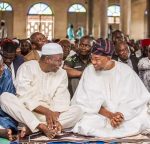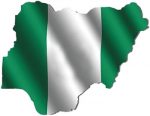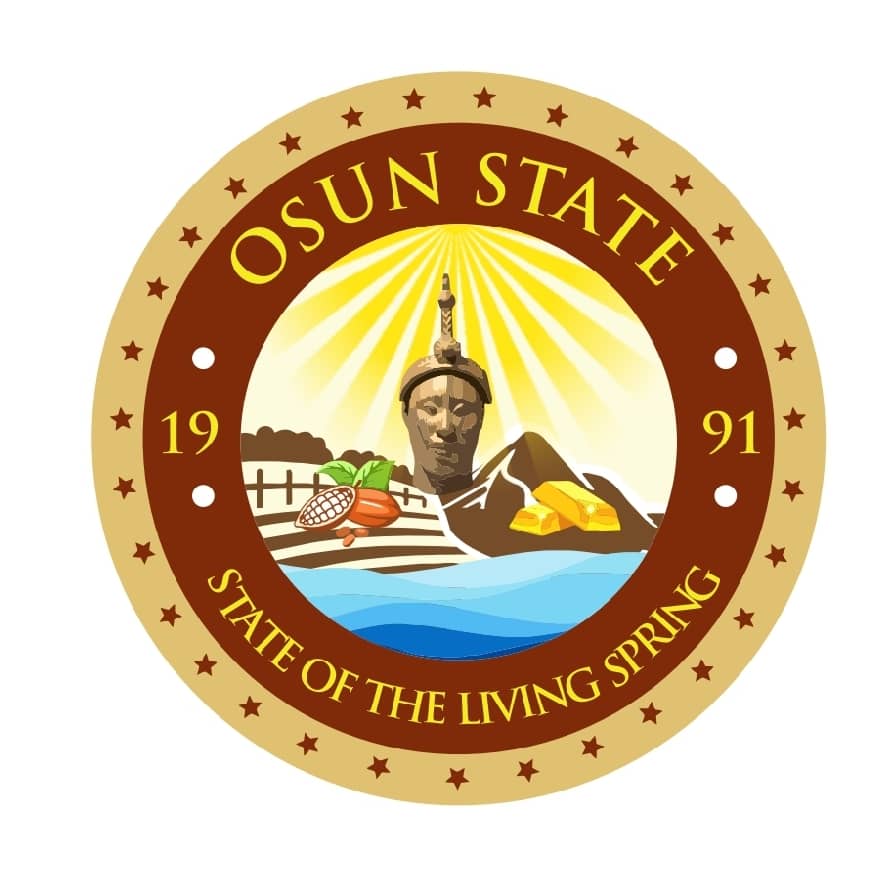UNLIKE marriage, which is believed to have a divine mandate, democracy is not ordained by God, it is a human invention. To purify democracy as a practise, it is important to understand its basics and history. At its best form, the people (the majority), the rule of law, separation of governmental powers and fundamental human rights reign supreme. At worst form, democracy is what Fela of blessed memory described as “demonstration of craze,” a masked dictatorship dispensing “sorrow, tears and blood,” amidst “suffering and smiling.”
Humans invented and adopted democracy as a form of government, believing it noble, lofty and a salvation from other form of authoritarian government characterised by class privileges, social injustices, exploitations and oppressions. By putting powers to make political, economic and social decisions in the hands of representatives elected by the majority of the people, it is believed that all is fair and square and will therefore be well with the society. Fair and square, maybe; wellbeing is another thing entirely.
Democracy began in Athens and was practised for at least 186 years between 508 and 322 BCE, while the act of voting itself was popularised by the Academy of Sciences after the French Revolution of 1770. Democracy, best defined by Abraham Lincoln as “government of the people, by the people, and for the people,” is clarified in contemporary political literature as “majority rule.” However, the devil is in the details of who “the people” are. Even in Athens, at the beginning, not all members of society are allowed to be part of decision making, slaves and non-Athenians particularly, who stood to be affected by the decisions of the Assembly and the Council.
Today, if democracy is to achieve its lofty objectives and deliver its golden dividends, “the people” must define who they are and take ownership of the democratic process from start to finish, otherwise, it will continue to be as of old – the decision of an elite band who consider themselves the true citizens, in their own interests, as against those they consider “slaves” and non-citizens, who are simply to be bamboozled with a packaged process that gives the majority the illusion of participation.
Right from Athens, down the ages, all the way to this 21st century, democracy only comes as close to democracy as much as “the majority” struggle to make it. Once the majority of citizens are nonchalant, non-vigilant, and unwilling to struggle for their rights and the guarantee of their freedom, democracy will begin to move as far away from democracy as possible, while moving closer and closer to “demonstration of craze,” as gangs of passionate autocrats and dictators take over under the guise of democracy to further their clique interests and privileges deceptively packaged as national interest. Recent example in America, which has a rich history of democratic struggles and corresponding institutions, proves this! “Eternal vigilance (and struggles) is the price of liberty!”
Therefore, knowing that democracy can be so corrupted and manipulated with money, power, and by the exploitation of poverty, ignorance and religious/ethnic fault lines, it is not too late, despite the year of a decisive election that is upon us in Nigeria, for patriotic and well-meaning citizens across all divisive lines to start asking the questions: who are “the people” in Nigeria? Are they the ones that wrote the Nigerian constitutions? Are the rulers of Nigeria aware that the constitution says we should be a Federal Republic? If it is far from being a Federal Republic today, why are they unconcerned? Since the electorate will be stranded with candidates churned out by political parties, “the people” should then interrogate how political parties are formed, how they operate and for what ideal and objective. Are they democratic in their internal dealings and operations? How credible and fool-proof is the electoral process so far and how could it be further purified? How justifiable is the entire justice system and how is the third estate of the realm fairing? How in good standing are “the people” themselves, how clean are their hands to make a call for equity, fairness and justice? What are the corrupting factors and influences and how can an organisation of “the people” be arrived at whose hands and dealings are clean enough to call for equity by any means necessary?
A journey of a thousand miles begins with a single step and the sooner begun the sooner done. While making the most of the present unpalatable situation and the current election agenda, it is clear nothing different can be experienced in Nigeria’s current journey to nowhere unless we return to the root of the matter by answering these kind of questions and by rising to the responsibility that the facts and the truth impose on us.











